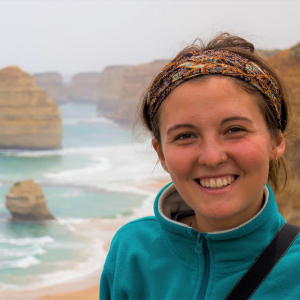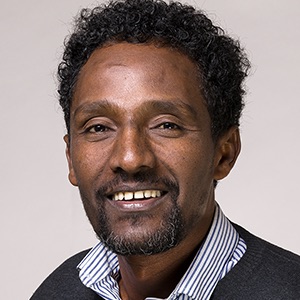Julot Westermeijer

My name is Julot and I am currently studying Environment & Resource Management, with a specialization in global food systems. During my bachelor's degree in Communication Science, I spent a semester in Canada following several courses on Women's and Gender studies. I learned about gender in the general discourse, organizations and public policy. After my bachelor's degree, I spent about 7 months travelling, mainly in Southeast Asia and Australia. After my current studies, I hope to do an internship in Kenya and gain some more hands-on experience.
Fikadu Reta Alemayehu

I was born and raised in a small rural town called Arsi Seru, in Oromia Region, Ethiopia. I am the second in a family of six children (two brothers and three sisters). My dedication to addressing gender issues was sparked by intense personal experiences throughout my life. My first first-hand experience with gender and attitude issues was in our local society, when my elder sister was forced to drop out of school to get married at about 14 years old to a person she had never seen before. I still recall what the local elders were saying when they came to convince my parents to allow the early forced marriage. The elders were saying that girls’ education is not important. Girls should get married as early as possible so that they don’t miss the opportunity of marriage. Many years later, when I finished my studies at the university and my first daughter was born, I had a second chance to witness gender bias (male preference) in my direct environment. Some friends were bold enough to tell as it were better to have a boy than a girl. There are many families I know that are having conflicts, only because they couldn’t have male children. In recent years I was confronted with gender issues on a professional level. As project coordinator of a Nuffic funded project at Hawassa University I learned that the implementation of gender projects still faces many bottlenecks, even in a university environment. The issue of gender is often seen as only an issue of female students and female staff, but the problems and solutions should be addressed from both sides, men and women. I believe that men play an important role in the problems and should therefore be part of the solutions as well.
My education in rural development gave me the opportunity to become more knowledgeable about gender equality and mainstreaming, as well as the empowerment of women in society. This background in combination with my personal experiences and professional training opportunities through the Ethiopian Nutrition Leaders Network inspired me to start my own organization called Youth and Education Support Services Ethiopia – YessEthiopia. With a dedicated team, we are working on youth empowerment and the improvement of education quality. YessEthiopia is legally registered as NGO at the federal level and has been working hard on the issue of unemployment amongst graduates in strong collaboration with universities and schools all over Ethiopia. I’m very excited to join forces with Gender2Connect to leverage our networks to create positive change for all genders.
